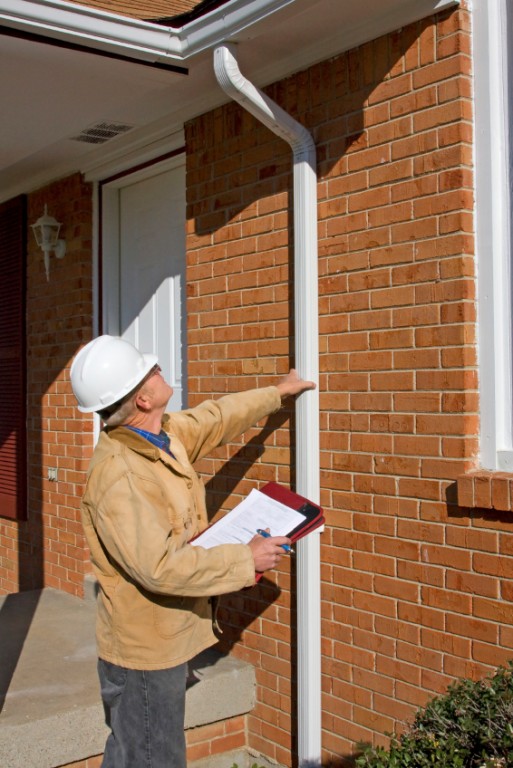Home » Uncategorised »
What Can I Do if My New Build Home Has Faults?
This article is an external press release originally published on the Landlord News website, which has now been migrated to the Just Landlords blog.

If you’re buying a new build home, you’d expect to enter into worry-free homeownership. But that’s not always how it turns out. So what can you do if your new build property has faults?
Since 2005, on the Government’s request, the House Builders Federation (HBF) and the National House Building Council (NHBC) have commissioned an annual survey on buyers’ satisfaction with new build homes.
In 2015, the study found that 27% of buyers said their new home had more problems than they had been expecting. Of these, 35% had reported more than ten problems to their builder, while 20% had reported over 16 issues.
With most goods, a consumer has the right to reject them and demand their money back if they fail to live up to expectations. However, property is exempt from the Sale and Supply of Goods Act, causing many homebuyers to be stuck with faulty properties.
So what can you do about problems with a new build home?

What Can I Do if My New Build Home Has Faults?
The Chief Executive of the HomeOwners Alliance, Paula Higgins, offers the following advice:
- “If your home is less than ten years old – even if you are not the first owner – it is almost certainly covered by a warranty. In 80% of cases, this will be the Buildmark policy provided by the NHBC. Other policies include BLP, LABC, Premier Guarantee, Checkmate and Zurich. Most of these policies work on the same principle.
- “During the first two years, the policy covers most defects. Contact your builder directly in the first instance. If your builder is no longer in business, contact NHBC.
- “In years three to ten, the policy will only cover only major defects, such as structural or weather-proofing problems.
- “From year 11 onwards, you will have to rely on your own insurance policy.”
Before the initial two-year period expires, you are advised to give you property a thorough check over and write a final report of any outstanding problems for your builder.
Higgins suggests employing a surveyor to conduct a snagging survey to list any defects that need attention and send a copy to you and your builder. However, this costs from £300 upwards. Although it does not require your builder to correct any faults, it will apply pressure on them to sort out any problems.
If your builder does not respond satisfactorily, you should complain to the NHBC, or another warranty provider, as soon as possible. If you do not receive a satisfactory answer from your warranty provider, you could:
- Make a claim about the warranty provider to the Financial Ombudsman Service.
- Issue a claim in court.
- Contact the Consumer Code for Homebuilders – however, be aware that in 2013, homebuyers using this service claimed a total of £133,845, but just £26,512 was awarded to buyers.
If you are still unsatisfied with your builder’s response, you can either take a legal route or consider another form of action, such as shaming your builder.
Some homebuyers that were faced with unresolved problems in their new build properties have contacted the press, hung banners from their home and set up websites and Twitter accounts to spread the message.
However, always ensure that you do not make any defamatory statements; always stick to the facts.
Before taking any direct action yourself, consider the following:
- You could be upsetting your new neighbours and lowering the value of your property. Anything published on the internet can stay around for years, even if the problems are resolved.
- When you come to sell your property, you will be asked by the buyer’s solicitor to disclose any disputes you had connected with your home.
- Always apply a common sense test – if you are dealing with a minor problem, such as badly painted walls, it can sometimes be a better idea to just fix the problem yourself and avoid an unnecessary fight.
Have you ever had problems with a new build home?




